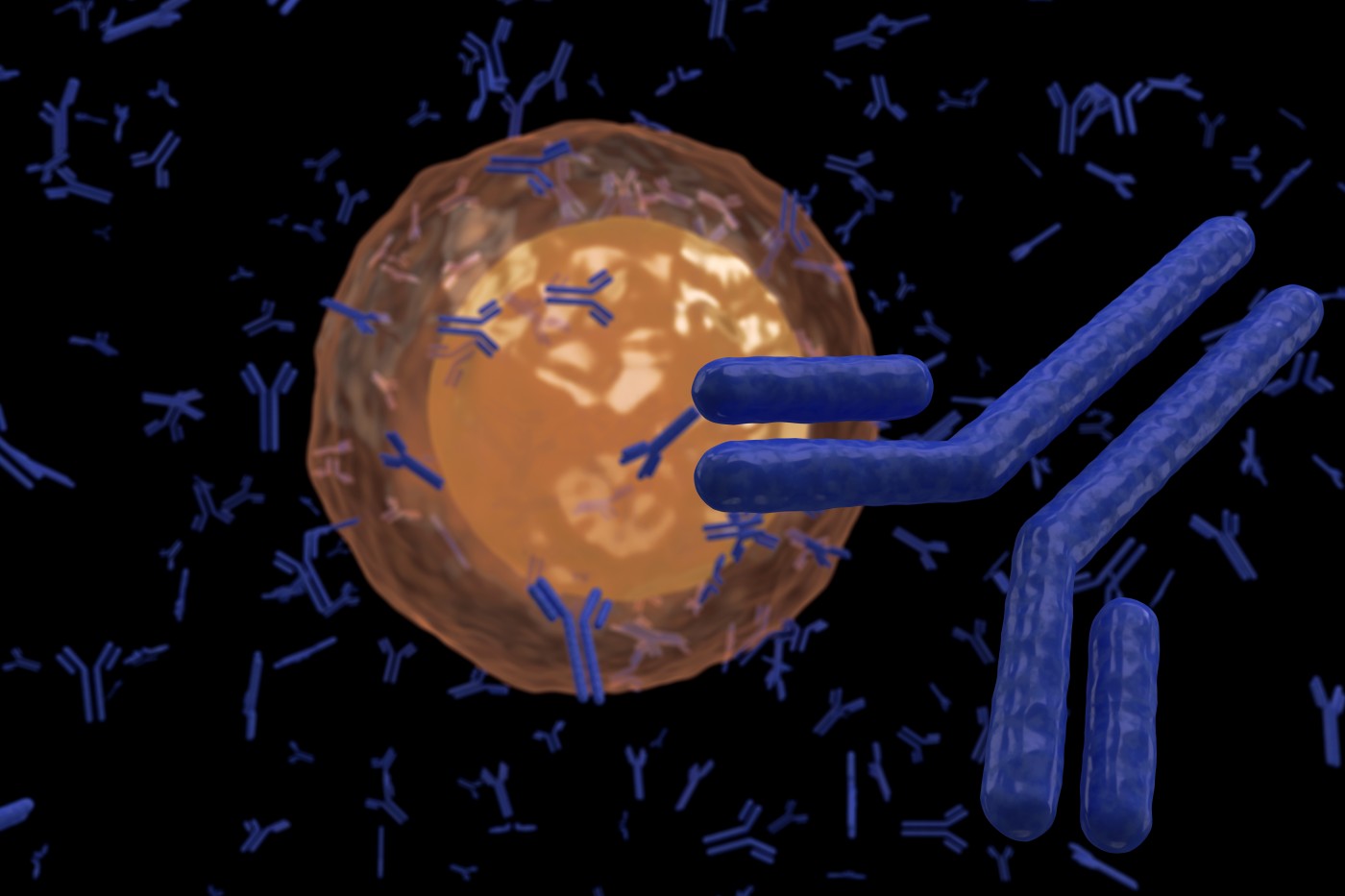MS Researchers ID Protein That Works to Block Nervous System Remyelination
Written by |

A study from the University of Cambridge showed that the membrane-bound signaling protein EphrinB3, which acts by inhibiting the maturation of oligodendrocytes, also blocks the remyelination of damaged neurons in multiple sclerosis (MS).
The study, “Antibody-mediated neutralization of myelin-associated EphrinB3 accelerates CNS re-myelination,“ uncovered a new target to explore in the search for a new MS treatment.
When myelin sheets around neurons are damaged, precursor cells destined to become myelin-producing oligodendrocytes are activated and migrate to the damaged site. These cells can repair myelin damage to a certain extent in diseases such as MS, but the repair is incomplete.
Earlier studies have shown that in some MS lesions, the oligodendrocyte progenitor cells (OPCs) fail to develop into mature oligodendrocytes with the capacity for remyelination. The clearance of myelin debris is also thought to be crucial for the remyelination process. Otherwise, proteins in the myelin debris block OPCs from maturing, although which specific debris proteins do so had not previously been identified.
The study, which appeared in the journal Acta Neuropahologica, found that the myelin protein EphrinB3 is crucial for this inhibition of oligodendrocyte maturation. The effect of the protein was confirmed both in cultured cells and in a rat model of remyelination, with injection of EphrinB3 being seen to block remyelination.
The research team, led by Yasir A. Syed, then used antibodies that bind to the EphrinB3 protein — rendering it dysfunctional — and observed that the rate of OPC maturation into mature oligodendrocytes increased. Blocking the protein also increased remyelination in the rats.
The effects of EphrinB3 were also investigated using a knock-out mouse model without the protein. The team found that EphrinB3 altered the rate of myelination generation during development of these mice, without changing the final extent or thickness of the myelin sheets at later stages.
The results showed that EphrinB3 could be a suitable target for the development of new treatment strategies. The protein is easily manipulated by various pharmacological tools, and compounds targeting pathways downstream of EphrinB3 are already in clinical trials.
Other molecules acting at the receptor level are currently in development, and the authors argued that the use of antibodies blocking EphrinB3, such as those employed in the study, should also be explored as a potential MS treatment.


